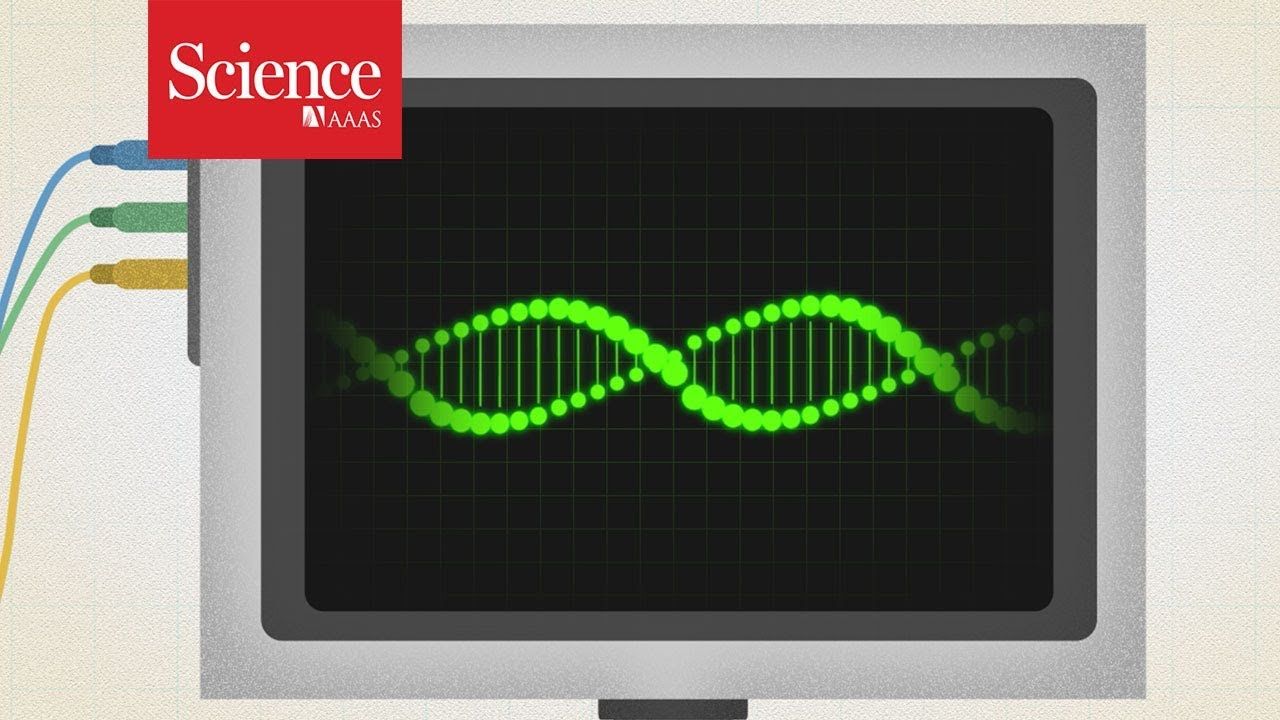Page 9707
May 25, 2018
Blue Origin’s Jeff Bezos advocates a return to the moon and calls for collaborative effort in space
Posted by Genevieve Klien in categories: existential risks, space travel
Staying on Earth “is not necessarily extinction, but the alternative is stasis,” Bezos said during an onstage discussion Friday night with Geekwire journalist Alan Boyle at the National Space Society’s International Space Development Conference in Los Angeles.
May 25, 2018
Weed-killing robots are threatening giant chemical companies’ business models
Posted by Dan Kummer in categories: business, food, genetics, robotics/AI
But if robots kill weeds, who will spray Roundup on everything.
AI-powered weed hunters could soon reduce the need for herbicides and genetically modified crops.
How it’s done now: Current farming methods involve spraying large amounts of indiscriminate weed killer over fields full of crops that have been genetically tweaked (usually by the same company that makes the weed killer) to resist the chemicals. The pesticide and seed industry is enormous, worth $100 billion globally. Of that, herbicide sales alone account for $26 billion.
Continue reading “Weed-killing robots are threatening giant chemical companies’ business models” »
May 25, 2018
Sir Richard Branson is training as an astronaut and hopes to travel into space
Posted by Genevieve Klien in category: space travel
May 25, 2018
Black Hole At Center Of Galaxy Close To Being Imaged In Event Horizon Telescope Project
Posted by Genevieve Klien in category: cosmology
The telescope may give us a long-awaited glimpse at what lies behind the cosmic veil of the Milky Way’s super-massive black hole.
Scientists have used telescopes from all over the earth to edge closer to imaging the supermassive back hole (SMBH) at the center of the Milky Way, reports Newsweek. An SMBH, the largest type of black hole, is found in the middle of almost all known massive galaxies. The SMBH that inhabits our galaxy is located at approximately the galactic center of the galaxy (18hrs, −29 deg), and it is known as Sagittarius A*.
Pronounced Sagittarius A-star, this spiral structure within Sagittarius A West and Sagittarius A East “contains an intense compact radio source.” It’s located approximately 26,000 light years away from earth, and it can’t be seen by normal optics. Instead, Sagittarius A* lies hidden beneath the Milky Way’s enormous dust clouds.
May 25, 2018
After you die, some things in your body keep on ticking, this video reveals
Posted by Genevieve Klien in category: biotech/medical

Genes active after death may be important for transplant success and calculating time of death.
May 25, 2018
Can You See a Single Photon with Your Naked Eye?
Posted by Genevieve Klien in category: particle physics
It isn’t always easy to wrap your mind around how light works. It’s a particle, but it’s also a wave, and that wave can be powerful. Photons generally travel en masse — we’re talking densities in the range of quadrillions per square inch if they’re coming from the sun. But what if instead of the whole wave crashing over you, you were only hit by a single drop of light — would you know? In other words, is it possible for the human eye to see a single photon?
May 25, 2018
Nanoparticles carry drug duo into the brain to fight cancer
Posted by Genevieve Klien in categories: biotech/medical, nanotechnology, neuroscience
Glioblastoma is one of the most deadly forms of cancer. Affecting the brain, those unlucky enough to receive a diagnosis don’t have many treatment options – and usually a median life expectancy of just over a year. Now, researchers at MIT have developed nanoparticles that could provide hope, crossing the blood-brain barrier and delivering two types of drugs to fight tumors.
The MIT nanoparticles are liposomes, fatty droplets that can carry one drug on the inside and another in the outer layer. On the inside, the particles were loaded with a common chemotherapy drug called temozolomide, while the outer shell contained a more experimental substance known as JQ-1.
Exoskeleton technologies can bring new capabilities to fighting forces and improve endurance and safety in industrial settings. Lockheed Martin continues refinement of next-generation industrial products with primary focus on powered exoskeletons. Lockheed Martin’s new lower-body exoskeleton has demonstrated to increase mobility. By reducing the effort in walking and climbing this technology can literally help soldiers and first responders go the extra mile while carrying mission-essential equipment.
May 25, 2018
Here’s how China is challenging the U.S. and European brain initiatives
Posted by Derick Lee in categories: government, neuroscience
The nascent China Brain Project took another step toward reality last week with the launch of the Shanghai Research Center for Brain Science and Brain-Inspired Intelligence. The new center and its Beijing counterpart, launched 2 months ago, are expected to become part of an ambitious national effort to bring China to the forefront of neuroscience. But details of that 15-year project—expected to rival similar U.S. and EU efforts in scale and ambition—are still being worked out, 2 years after the government made it a priority.
New research centers move 15-year project closer to reality.

















